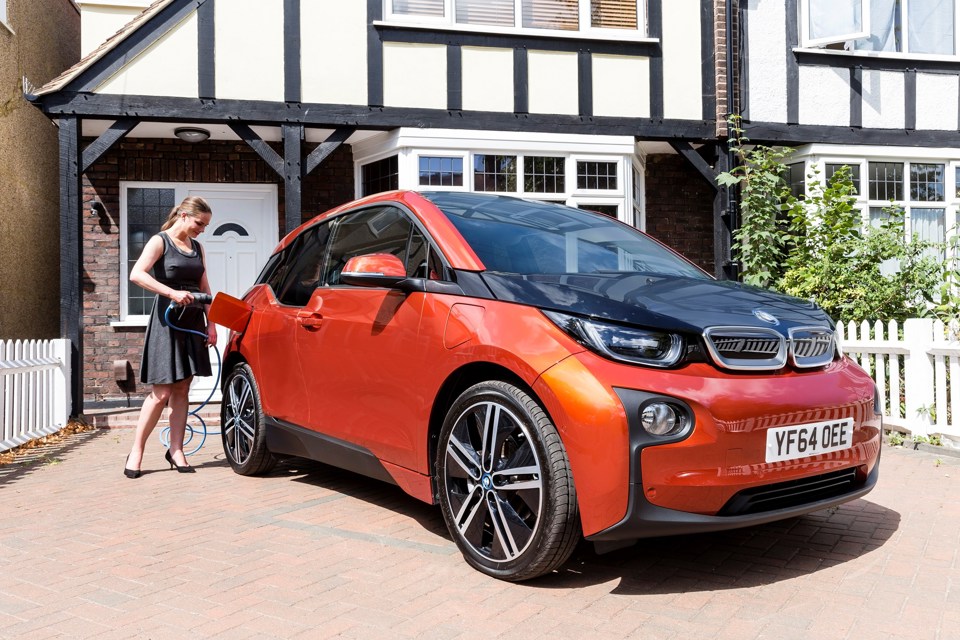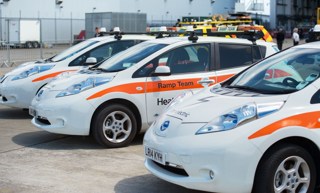A study by Venson Automotive Solutions has revealed that 61% of motorists are deterred by an EV switch due to worries over limited battery range.
To support the launch of its guide to electric vehicles, Venson carried out the research to tackle 'range anxiety’.
It found that the main concern for motorists is a lack of charging points.
“The UK is the largest market in Europe for zero emissions capable cars, accounting for almost a quarter (23.8%) of registrations in the EU, in 2016,” said Venson Automotive Solutions’ marketing director Alison Bell.
“However, limited battery range remains one of the biggest concerns associated with electric vehicles with many citing this as a reason why they are reluctant to buy.”
According to Go Ultra Low figures, the average commute in the UK is less than 10 miles, which could be covered by most plug-in vehicles after a home or work charge. Go Ultra Low claims more than a third of UK motorists never travel more than 80 miles in a single trip.
The Nissan Leaf offers a range of 155 miles and technology is improving all the time, with the Tesla Model S offering a published range of 265 miles.
Currently, there are three different levels of charging points, offering different recharge times. The higher the kilowatts (kW), the faster the battery will charge.
Most networks offer a mix of ‘rapid’ (43kW-50kW), ‘fast’ (7kW-22kW) and ‘standard’ (up to 3kW) charging options. The standard service station is rapid and will charge a battery from flat to 80% in under 30 minutes.
Fast points are installed in public locations and will recharge some batteries in two to four hours. The standard, home charging point generally takes around six hours to fully charge a battery. The only key is for owners to know which type of connector their vehicle needs.
“Charging an electric vehicle sounds complicated, but once drivers get to know their vehicle, it’s no more complicated than charging a smartphone,” said Bell.
“In addition, the Electric Vehicle Homecharge Scheme offers grant funding of up to 75% of the cost of installing electric vehicle chargepoints at home, up to £500. Charging at home costs about £3 for a full charge or 2 pence per mile, offering clear savings for motorists, which could outweigh the worries for many.”
Venson's tips:
- Find your charging points: Interactive maps offer a quick, easy way to find the nearest charging points. With 11,000 across the UK, it could be closer than you think.
- Adjust your driving style: Just as with traditional fuel vehicles, accelerating and braking use more energy. Drive smarter by staying at a steady pace and decelerating slowly to improve the range of your vehicle.
- Charge at work: Employers could look into the workplace charging scheme, which helps them support staff who want to plug-in and reduce their emissions. That way staff can charge their car at work ready for meetings and the commute home.
- Charge at home: Charging at home costs about £3 for a full charge or 2p per mile.


















Login to comment
Comments
No comments have been made yet.